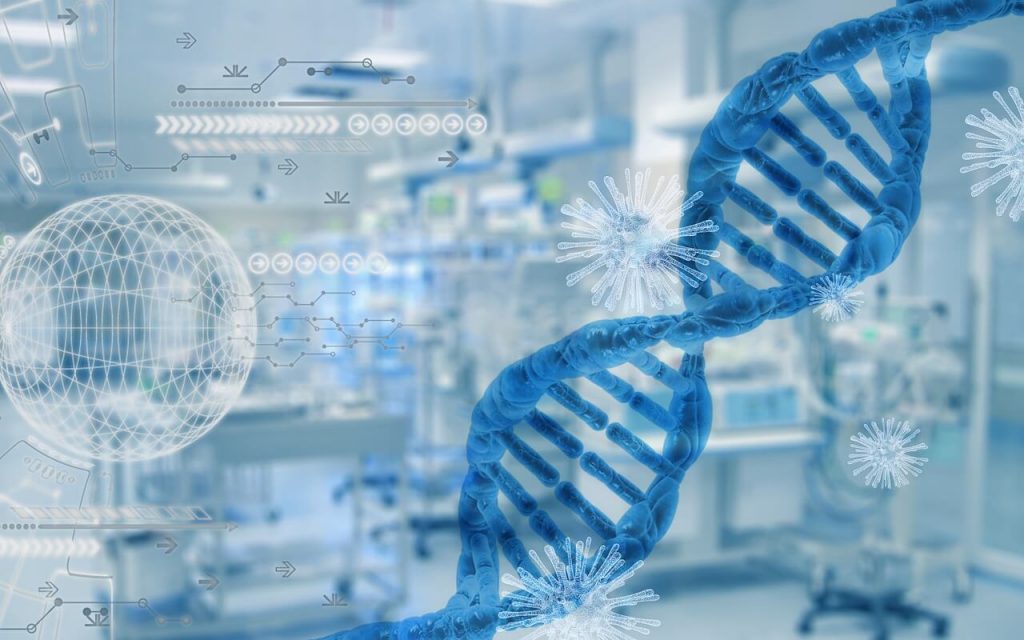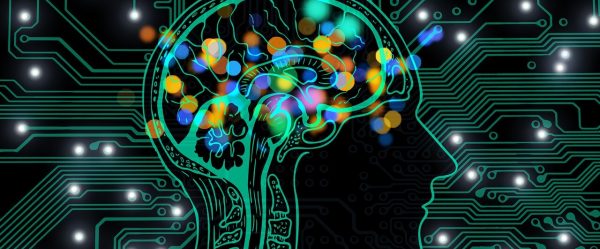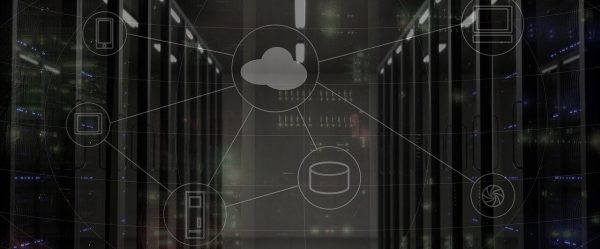The global pandemic has fueled the competition between governments and health science companies in developing drugs and vaccines. The threat of novel coronavirus continues to make its presence known and felt in the global population as well as economies. Health scientists are striving to control the pandemic, decrease the number of patients, and make the drugs or vaccines that the world desperately needs today. Artificial Intelligence and Big Data are helping researchers accomplish this mission in many ways.
A lot of minds will be wondering how artificial intelligence services can serve us during the global pandemic. The remarkable adaptability of AI is the most prominent contributing factor in its growing fame.
Following are some of the findings of Deloitte’s State of AI in the Enterprise Survey.
- 63 % of companies are employing AI or machine learning in their businesses.
- 88 % plan to increase spending in the coming year.
Companies are Ramping up their Operations in Artificial Intelligence Services
The AI industry is hot these days. To help with the drug discovery, the companies that provide artificial intelligence services are ramping up their operations. Recently BenchSci Blogger Simon Smith listed 221 startups that use AI in the drug discovery field.
You can have a glimpse of the massive potential that Artificial Intelligence holds by checking the broad array of market segments these companies represent. To help search the drugs or vaccines, AI can aggregate and synthesize information and even understand the mechanics of disease. Also, researchers are using it to establish the bio makers.
Some of the other top domains are generation and optimization of novel drug candidates and designing of drugs and preclinical experiments. Artificial Intelligence services also create, recruit for, and optimize clinical trials.
Defeating the Pandemic with AI and Data Analysis
Artificial Intelligence can serve as the secret weapon in pandemic days. According to an InformationWeek report, AI can identify the patterns and make appropriate predictions. Also, it may potentially reveal which drugs are right for testing.
For those who need a CT scan, AI is helping to pace up coronavirus testing and diagnosis. It can reduce the diagnosis time from five minutes to only 20 seconds.
Another area AI is helping is temperature detection technologies. China is applying these technologies to integrate body detection, face detection, and dual-sensing via infrared cameras and visible light. It simplifies the process of spotting people with elevated body temperatures. China also uses AI in drones. It detects the hot spots for the disease to spray them with disinfectants.
Google’s Move in Vaccine Artificial Intelligence
How could the tech leader as dominating and reputable as Google would not play its role in the leading technology of Artificial Intelligence?
Back in January, Google DeepMind introduced its AI solution AlphaFold. They designed it to predict 3D structure proteins based on genetic sequences. Later in March, the AI system tested the coronavirus.
SARS-CoV-2 is a virus that causes COVID-19. To help the research community better understand the virus, DeepMind released protein structure predictions of several under-studied proteins associated with SARS-CoV-2.
Hopes are that AI will prevent scientists from missing any experiments or treatments.
Iterative Learning of Smart Algorithms
AI and Big Data Algorithms keep learning while the research for vaccines and drugs goes on. The recent report by Discover Magazine explains the role of predictive analytics algorithms in tracking the process of diseases passing from animals to humans.
The algorithm identified the different traits of mice. Here are some of the examples.
- The risk of carrying a disease.
- Age of sexual maturity
- Measuring things like body mass, group population size, life span, geographic range, litters per year
- Much more
The algorithm gets a lot of things wrong in the first pass when put to test. Therefore it keeps repeating itself multiple times, with other randomly selected traits.
Every attempt helps it learn which traits have the highest probability to be present in disease carriers. According to a study, the algorithm identified 58 percent correct traits in the first attempt, 67 percent in the second, and then 83 percent in the third attempt. The power of algorithms lies in the ability to keep getting smarter and more successful over time.
Big Data Services Improve Vaccine Development
Scientists are creating new models for vaccine development in the Vaccinology 3.0 Framework. Big Data services help them accomplish this mission in four different ways.
- First of all, data analysis has never been this easy before. Physicians can now access and analyze vast volumes of data in online medical records. Thanks to Big Data services.
- This vital tool also allows them to use mobile apps for gathering vaccine-related information.
- Monitoring the safety of vaccine development is the third use.
It is imperative to know what keywords people use when they search for vaccines online. Health workers would be better able to communicate and educate people if they know about these keywords. Big Data keeps this record.
Research Data Sets
Scientific literature related to covid is rapidly growing. Several thousand papers appeared only in the first three months of 2020. Now even finding the content that is relevant to your particular research area is a challenge, whereas this is critical to review the breadth of recent findings and reveal insights.
Something that collects the relevant literature and puts it in a single accessible location is the requirement of time.
Allen Institute for AI has partnered with many organizations to produce the Covid-19 Open Research Dataset (CORD-19). It serves as a unique resource for thousands of coronavirus and related virus articles. They update it daily.
Conclusion
Throughout the globe, organizations will be needing qualified AI and Big Data practitioners for their vaccine and drug research. The demand for both types of people will keep escalating as long as global health risks are there.
First will be the AI engineers with sound knowledge of complex algorithms and tools that can solve real-world problems like vaccine research. Second, the Big Data architects who can connect technology to business solutions with the help of data modeling. Hence, two of the most in-demand services will be Artificial Intelligence services and Big Data services. Now is the time entrepreneurs should start thinking about these new ventures.








